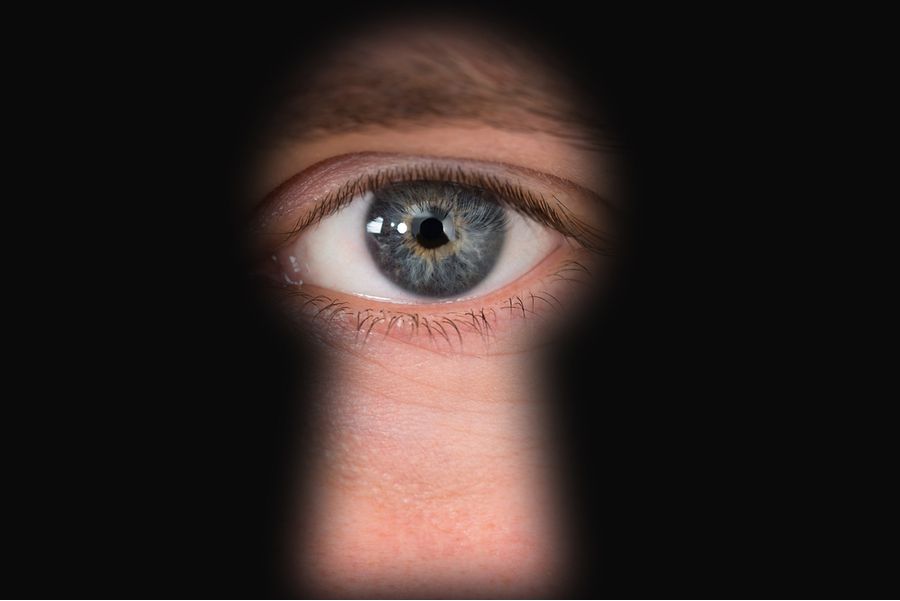Anonymity is Over
All things digital are public. There is no encryption program that cannot be broken, no password that cannot be deciphered, and no medical record that is not shared. These facts affect your health and will impact some of the decisions you will make to survive.

How should you live in a transparent world? Honestly and secretively. Don’t share. Or share it all, knowingly and without shame. Here are a few examples to think about the next time you are asked for personal information.
Surveys: Only fill them out when they benefit your and other people’s healthcare. It turns out that, even with a minimal number of data points, everyone is transparent. Despite being “anonymized,” de-identified, or stripped of your name, recent open-platform software allows any researcher to figure out your identity from just a few bits of information. The program—released by Yves-Alexandre de Montjoye, a computer scientist at Imperial College London and lead author of a July 2019 paper in Nature—documents that 99.98 percent of Americans can be recognized from almost any available data set. This set might include as few as 15 attributes—such as gender, ZIP code, or marital status.
So, if you believe your opinion matters, either charge for it (and allow your opinion to be made public) or keep quiet. This applies to post-hospital surveys, hotel stays, doctor evaluations, and the laundry list of questionnaires that all of us get after we do anything today. “If you willing to stay on the line and answer a few questions, push #2” translates to, “We plan to associate your comments with you, and potentially discriminate against you or target you with future advertisements. Thank you for giving us this data for free.”
This trend is particularly worrisome in the field of healthcare. Geneticists have shown that individuals can be identified, even in supposedly anonymous DNA databases, with mere molecules of information. Not only that; with a small sample of your genetic material, a prediction program can draw your face with remarkable accuracy. With cameras at every door, every building, and every stoplight, and as your cell phone transmits your location multiple times per second, everywhere you go, everything you touch leaves behind accurate markers of your complete identity.
The Health Insurance Portability and Accountability Act (HIPAA)—a 1996 law that was meant to address medical record privacy—turned out to be an expensive, time-consuming, and ineffective nightmare for all healthcare providers. Lawmakers did not anticipate that our electronic medical records (EMRs) would become so open that everyone from first-year medical students to acupuncturists could access the EMR of anyone in the system. Even your most trusted doctor must log in to see your lab results or to obtain a consultation from a peer. This opens the entire record to that peer’s office staff. Fifty percent of Americans now have an EMR, managed by a single provider called EPIC. Thus, with just a few keystrokes, many people’s entire health history is widely available. The upshot? Medical care privacy it is not available in America today.
In some ways, this trend is not without its benefits. Trying to hide your health issues from your employer, or your family, for example, is now obsolete. And “best practice” in medicine now means having the knowledge and resources of the entire medical world to inform your ideal care.
Ultimately, it is our attitude about our privacy that has yet to evolve with the reality of the newly transparent world we live in. We tend to believe that no one is watching most of the time: that we are not important enough to have our data collected, or that we are not doing really bad things. By the time we learn otherwise, it may be too late. So be aware, and be cautious with your data. Don’t give yourself away.
Gabriel García Márquez once said, “Everyone has three lives: a public life, a private life to which you choose to invite people, and a secret life.” It is only secret, though, if you don’t communicate about it.
